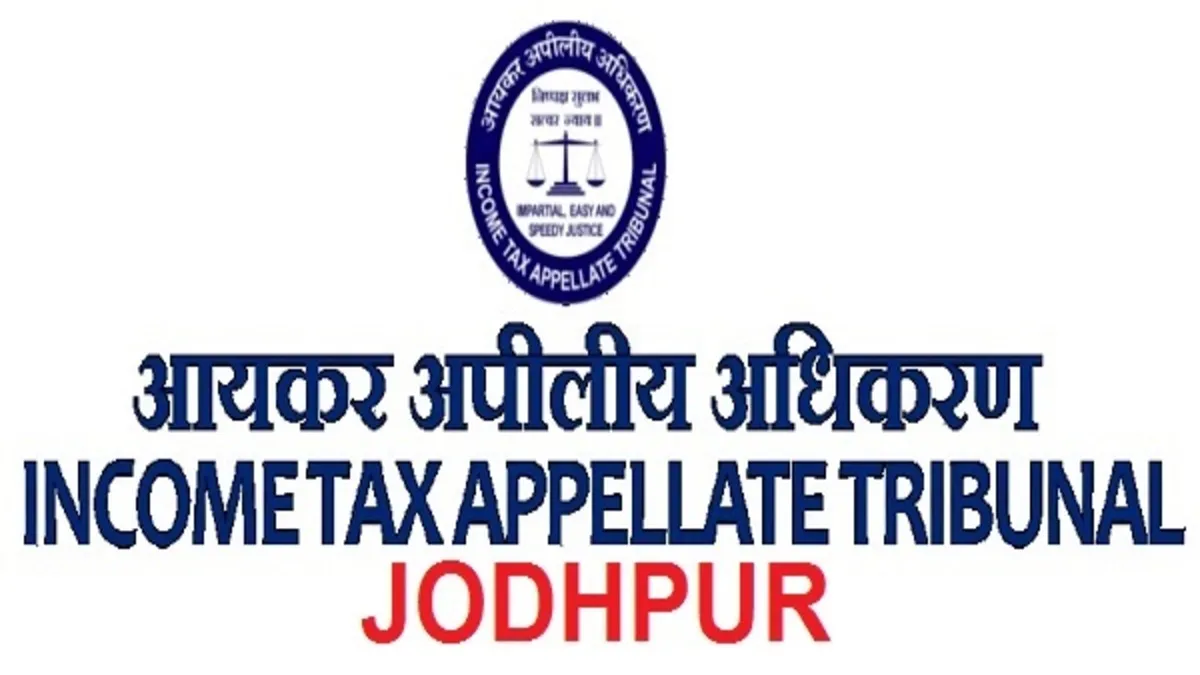Sh. Kuldeep Kumar Vs ITO (ITAT Jodhpur) ITA No. 221/JODH/2023
A notable example of how the burden of proof can change to the Income Tax Department when affidavits are presented to verify the source of cash deposits is the case of Sh. Kuldeep Kumar v. ITO, which was decided by the Income Tax Appellate Tribunal (ITAT) in Jodhpur. We will delve into the specifics of this case in this article, including the facts, the appeal’s arguments, and a thorough evaluation of the ITAT Jodhpur’s ruling.
Background of the Case: The appellant, Sh. Kuldeep Kumar, filed an appeal against the order of the Commissioner of Income Tax (Appeals) (NFAC) under section 250 of the Income Tax Act, 1961. This order was dated 24.05.2023 and stemmed from the assessment order passed under section 147 r.w.s. 143(3) of the Act, dated 21.11.2017. The appellant raised several grounds of appeal, contesting the legality of the order passed by the Income Tax Officer.
The appellant contended that the order passed by the Income Tax Officer and sustained by the Commissioner of Income Tax (Appeals) was illegal, lacked legal basis, and displayed a lack of proper scrutiny, hence should be quashed. The appellant argued that the Commissioner of Income Tax (Appeals) failed to cross-examine the contents of the affidavit submitted during the appeal, thus rendering the addition of income illegal.
The appellant claimed that the Commissioner of Income Tax (Appeals) failed to appreciate the evidence and additional evidence submitted, making the addition unlawful due to an unreasoned and non-speaking order. The appellant argued that the Commissioner of Income Tax (Appeals) should have considered the double entry of 5 Lacs and should have accepted the bank certificate of Rs. 5 Lacs as a valid explanation.
The appellant insisted that the deposit in the bank should be declared as explained, as it had been accepted as such by the Assessing Officer. The appellant contested the legality of reopening the assessment under section 147/148 and charging interest, claiming both actions were illegal and against the law.
Case Facts: The assessee made cash deposits into his bank account, which were the central focus of the case. After documenting the circumstances and receiving permission from the Principal Commissioner of Income Tax, the Assessing Officer issued a notice in accordance with section 148. In the course of the assessment proceedings, the assessee claimed that his father had made the deposits and that his income as an agriculturalist was limited. The assessee had deposited cash in his State Bank of India account totaling Rs. 10,00,500. He also mentioned that over the course of the year, his father had sold some land. The Assessing Officer added an additional Rs. 5,00,000 as unreported income despite these justifications. Assessee appealed to the Commissioner of Income Tax (Appeals) and submitted affidavits and additional evidence. Ld. CIT(A) Decision.
The addition was supported by the Commissioner of Income Tax (Appeals), though. The Commissioner pointed out that the grandmother’s affidavit, in which she claimed to have given the appellant a gift of Rs. 5,00,000, was devoid of supporting documents like the sale deed for the relevant property. This affidavit was dismissed by the Commissioner as unreliable and an afterthought. The Commissioner came to the conclusion that the appellant had not provided sufficient evidence to support the origin of the Rs. 5,00,000 deposit and confirmed the addition.
The appellant argued that once affidavits were filed to demonstrate the source of cash deposits, the burden shifted to the Income-tax department. The appellant also criticized the Commissioner of Income Tax (Appeals) for summarily rejecting the affidavits without proper justification.
The ITAT Jodhpur analyzed the case carefully and referenced several legal precedents. Notably, it cited the decision of the Hon’ble Supreme Court in Sreelekha Banerjee Vs. CIT, emphasizing that the department cannot unreasonably reject a good explanation. It also cited Parimisetti Seetharamamma vs. CIT, emphasizing that the burden lies on the department to prove that a receipt is taxable. In the case under consideration, the ITAT observed that the affidavits filed by the appellant had shifted the onus to the Income-tax department.
The department failed to provide any evidence to dispute the facts presented in the affidavits. Consequently, the ITAT held that the appellant had adequately explained the source of the cash deposits, leading to the deletion of the addition.
To Download full order, click here.
“The site is for information purposes only and does not provide legal advice of any sort. Viewing this site, receipt of information contained on this site, or the transmission of information from or to this site does not constitute an attorney-client relationship.
The information on this site is not intended to be a substitute for professional advice.”

